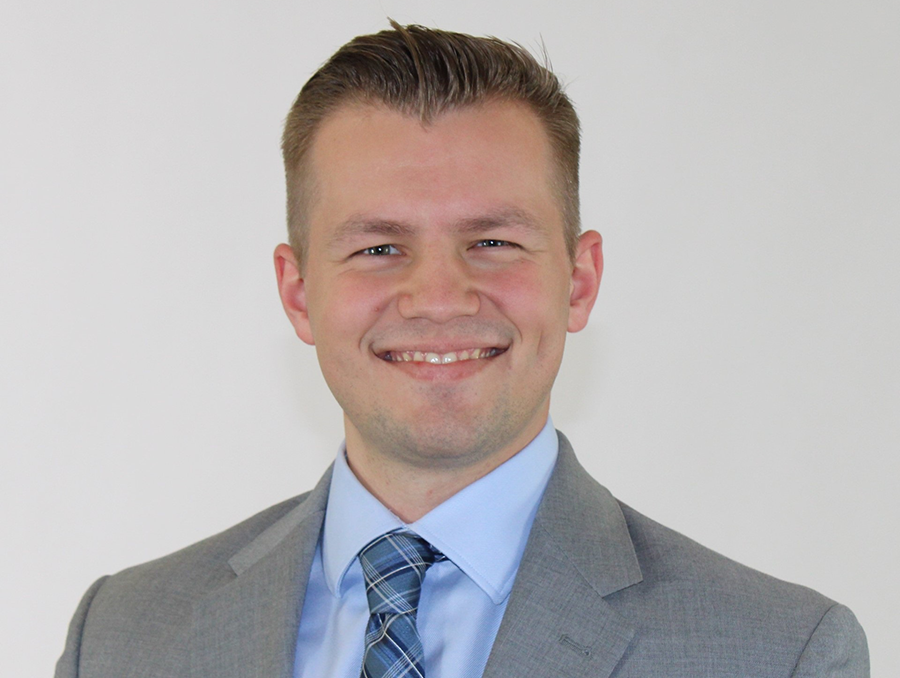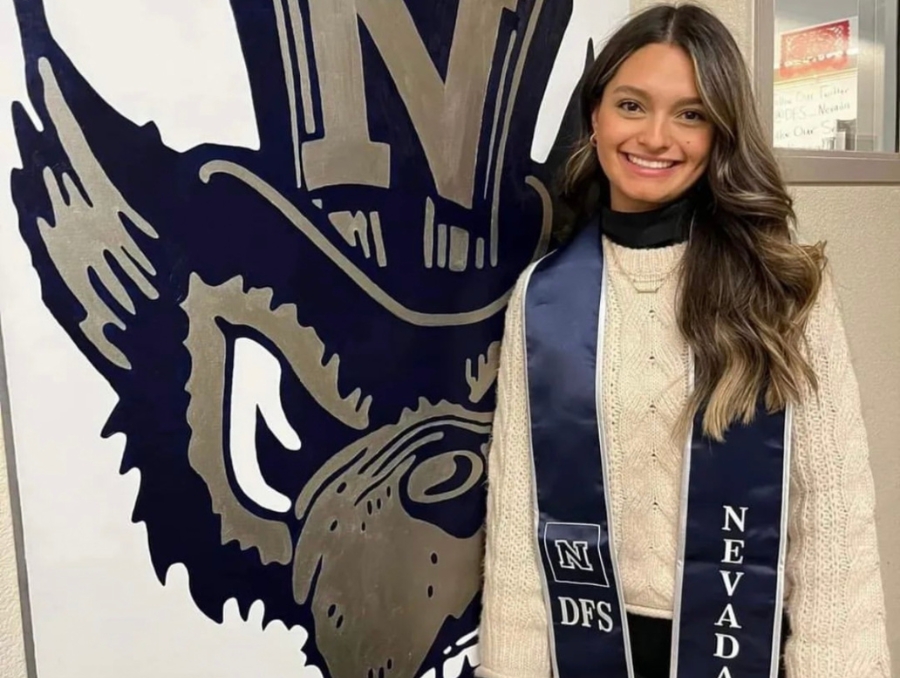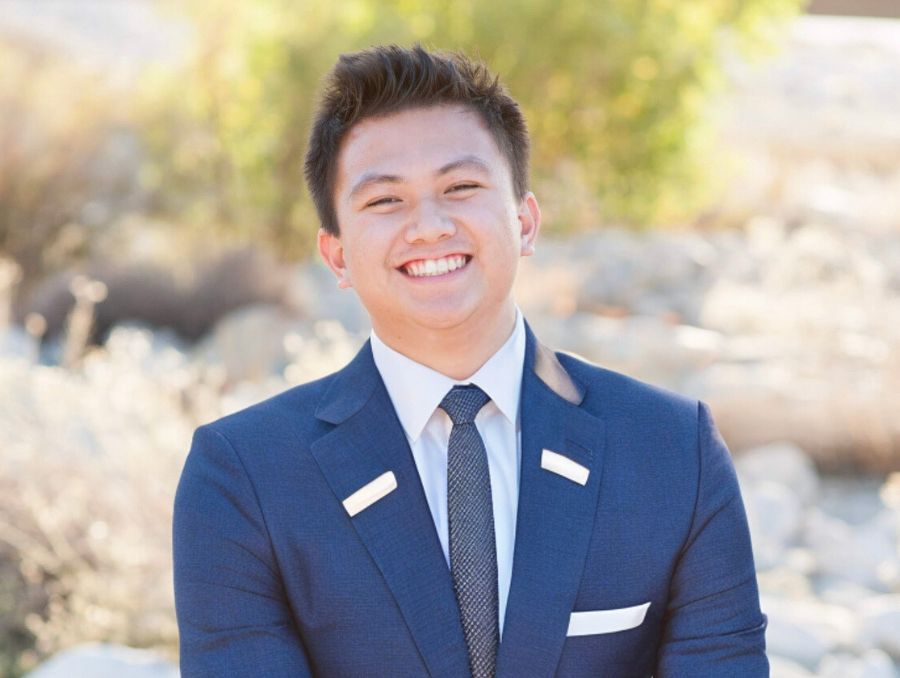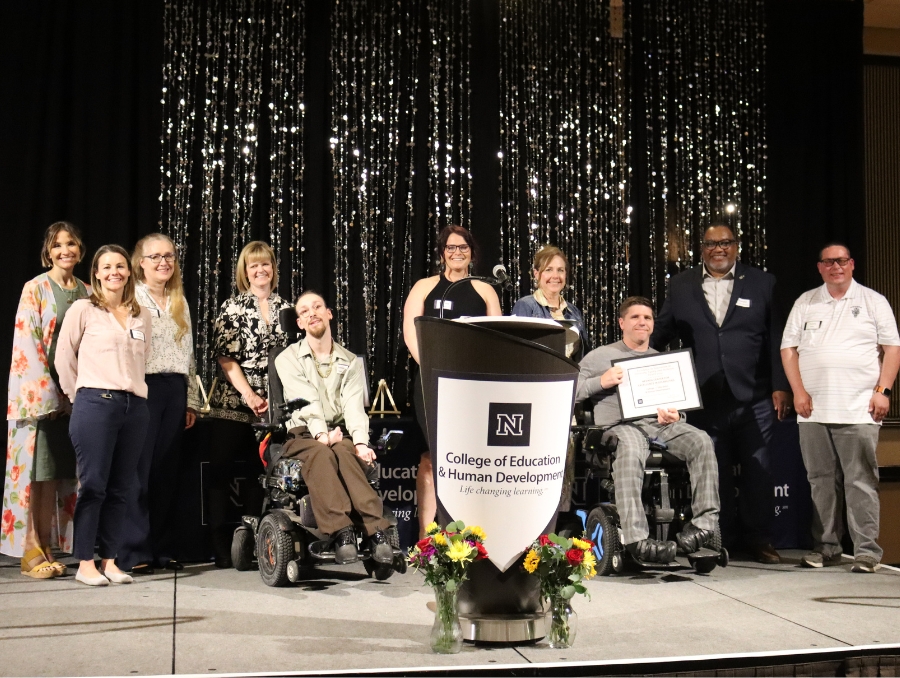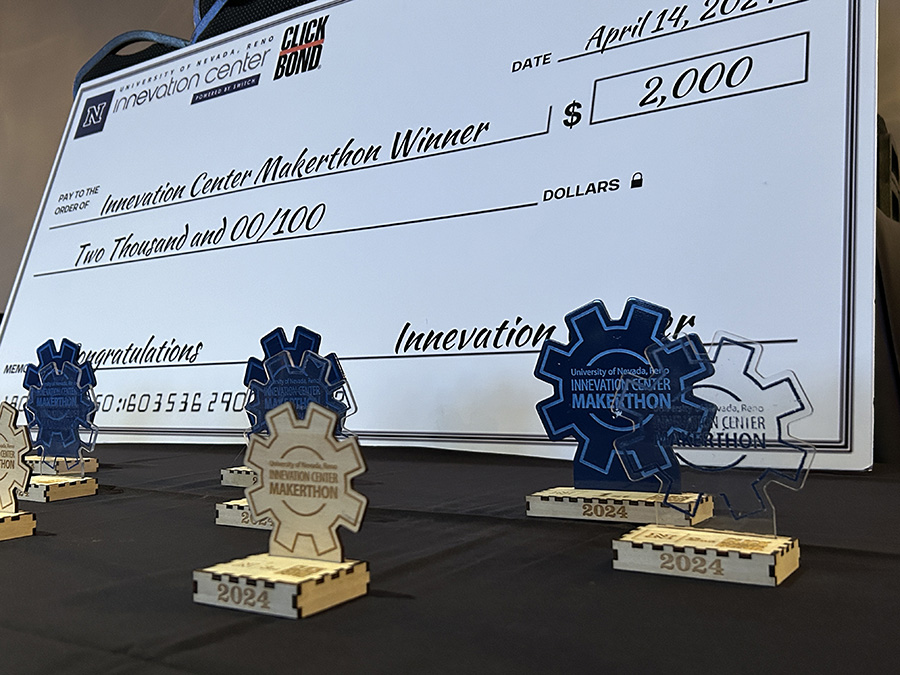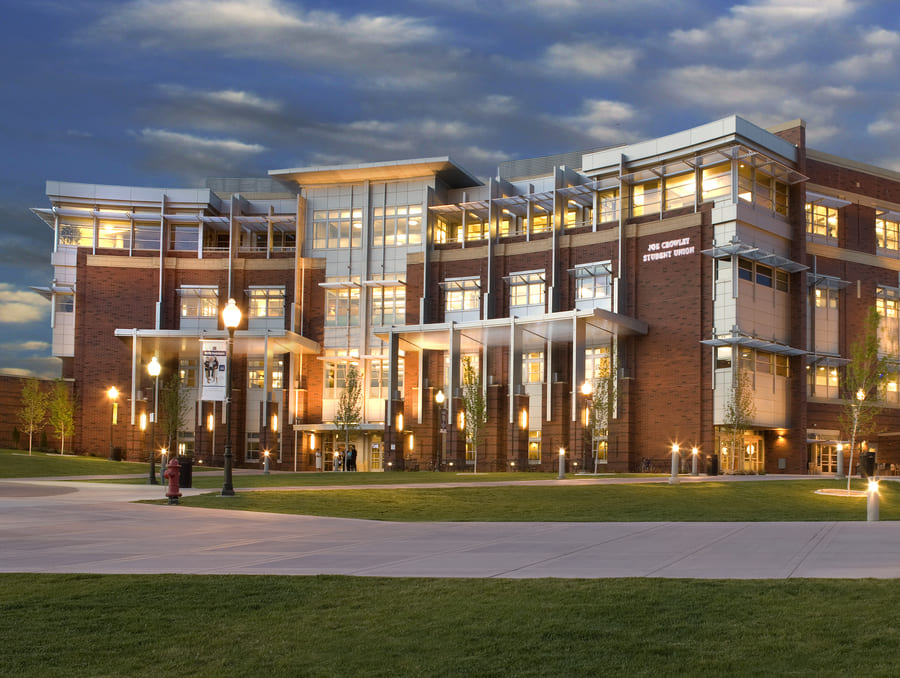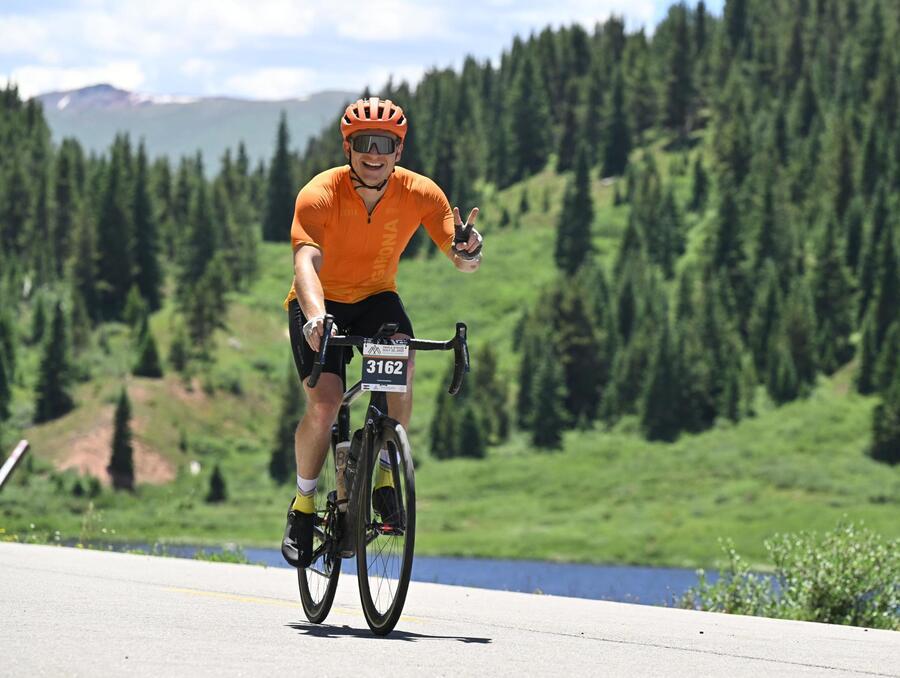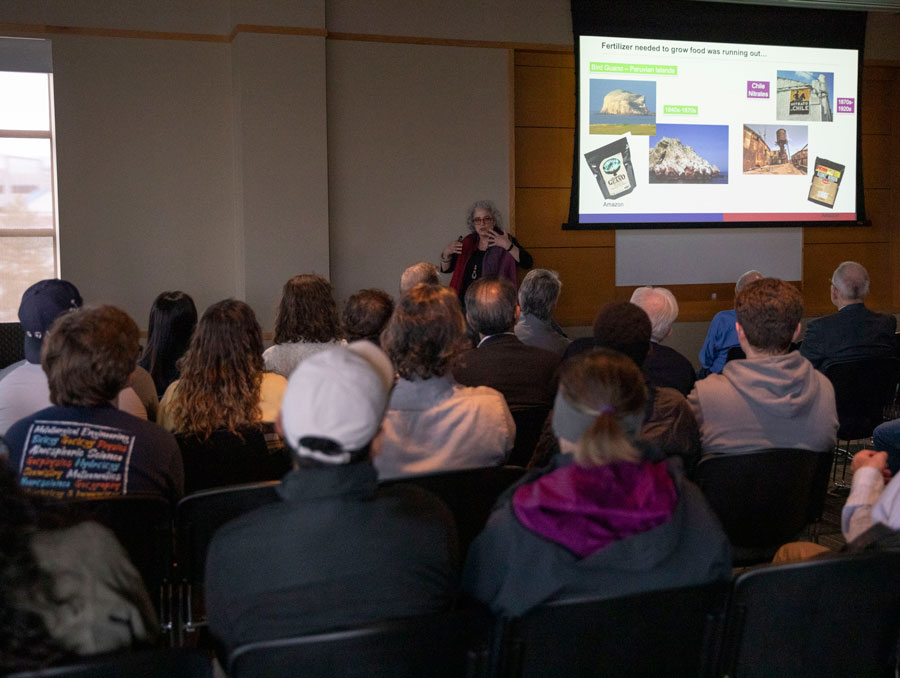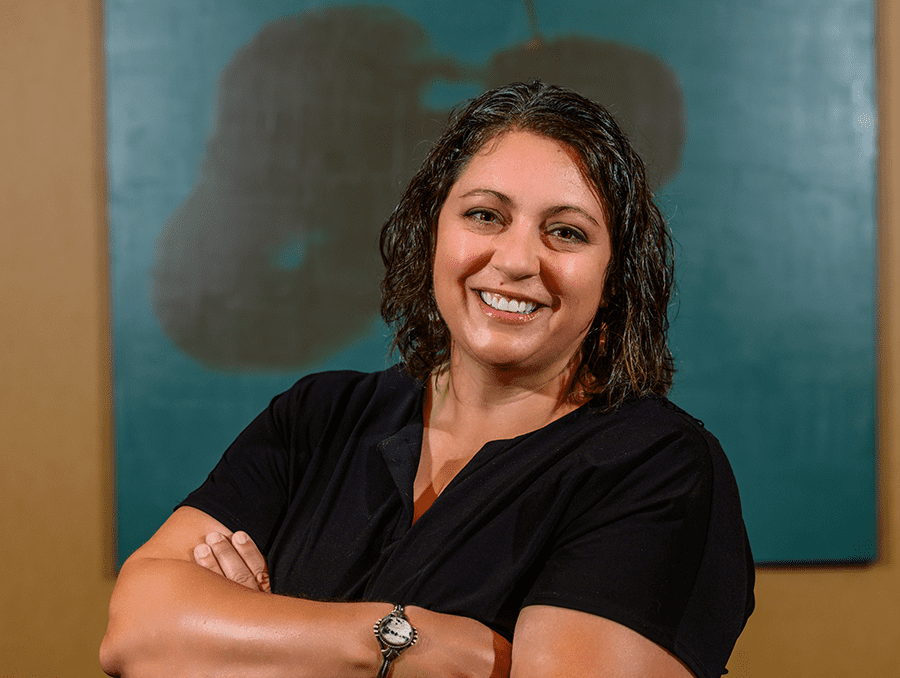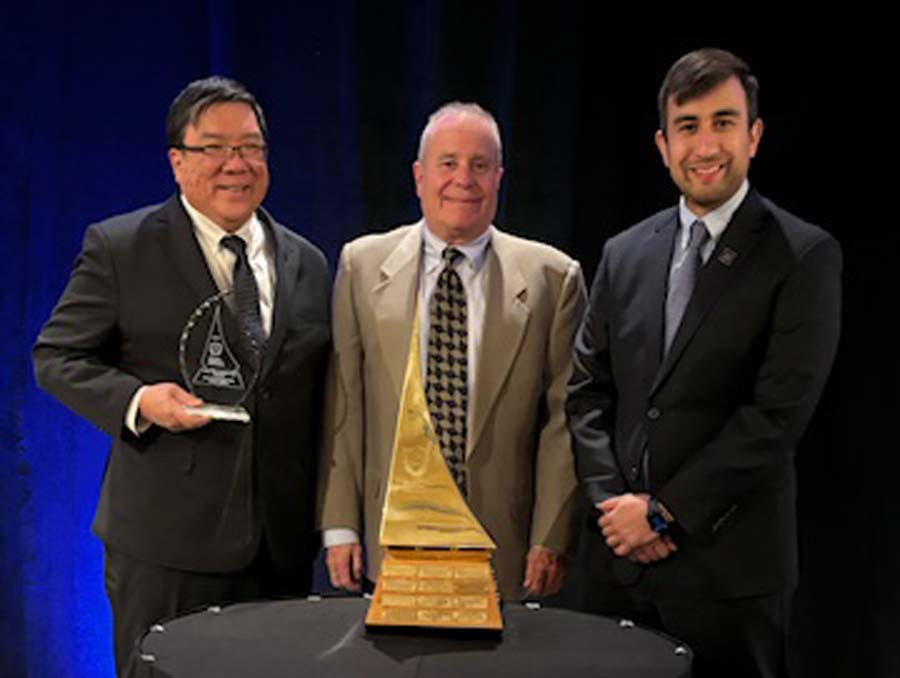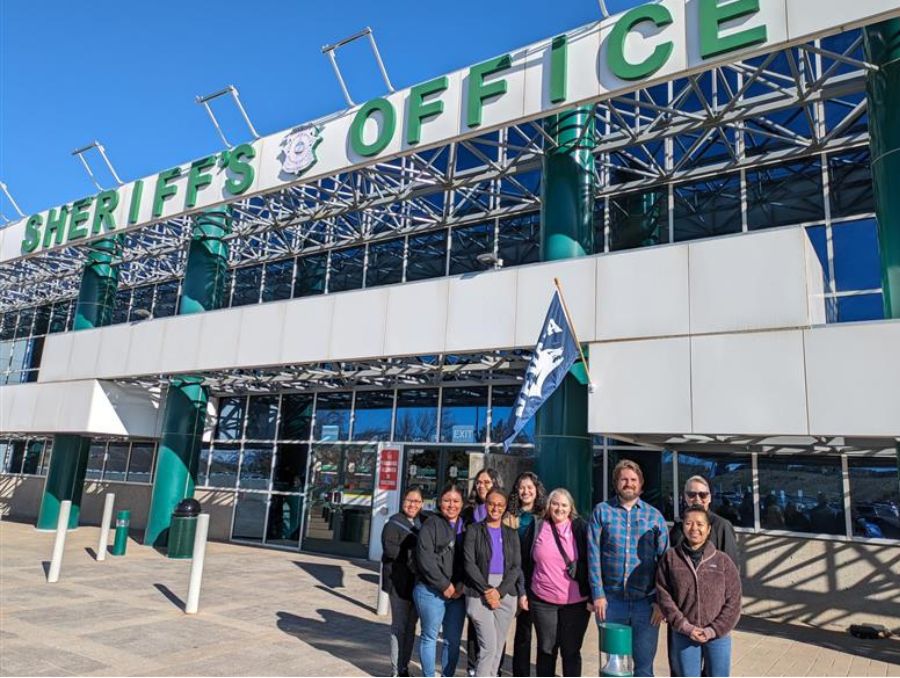A senior majoring in both neuroscience and biochemistry and molecular biology, Micah Woodruff aspires to be a physician-scientist. Woodruff excels in the classroom, helps his fellow students and volunteers in his community. In recognition of his accomplishments, the standout student was recently awarded the Nevada System of Higher Education’s Sam Lieberman Regents’ Award for Student Scholarship.
Woodruff has been making his mark not only on Wolf Pack grounds, but wherever he goes. Whether it’s working as a CNA at the local hospital; volunteering in his community; helping hundreds of students as a teaching assistant, peer instructor and program coordinator; or delving into several research projects, Woodruff has striven to succeed using a balanced approach to his academic career, all the while keeping an admirable humble attitude.
Woodruff hopes to be uniquely qualified to bridge the gap between scientific discovery and improved patient outcomes. In his future career, he plans to become a physician scientist, pursuing a residency in neurological surgery and focusing his research on neurological regeneration. During his time at the University, he has cultivated and demonstrated his passion for medicine, science, leadership and service to his community.
Q&A With Micah Woodruff
Q: What does receiving this scholarship/award mean to you?
A: To receive this award is truly an honor and an acknowledgment of the people in my life who have sacrificed and invested in me. I think of my parents, my wife, my mentors and so many different people who have all put so much time and effort into seeing my success. So really, this award is not something that I see as just my own accomplishment, but more an accomplishment of everybody around me.
Q: What inspired you to pursue a career in medicine and science in general?
A: In high school, I was very adamant about pursuing athletics, particularly baseball. However, during my senior year, I tore my ACL, which introduced me to medicine. I've been on a journey of exploration to discover what medicine truly is, and how that relates to my desire to serve other people. I think medicine is a very unique field that can facilitate my ability to serve people in a very personal and meaningful way. Built off of that desire, as I discovered what it meant to be a physician, I found its roots in science. Ultimately, I fell in love with science and the underpinnings of medicine.
Q: What makes you proud to be a member of the Pack?
A: I feel like what makes this university special is its small-town atmosphere, yet rigorous standards and in-depth experiences and opportunities. It all feels tight-knit. I've seen the impact of that with small cohorts for different degrees. For example, for my biochemistry degree, I've had the opportunity to be pretty close with several of my classmates, because it's such a small major.
Q: Why did you choose the College of Agriculture, Biotechnology & Natural Resources to further your education?
A: I began as a neuroscience student when I transferred. I decided to add my biochemistry and molecular biology degree because of the research opportunities it provided. I think my decision largely stemmed from the opportunities that the major presented to me, but more broadly, in terms of the support the college offered to allow me to pursue my interests. The college is very focused on research, and that's definitely what I wanted to cultivate and develop.
Q: Why do you choose to research Parkinson's disease in the Dagda Lab?
A: I began my time here knowing that I wanted to get involved in research, specifically in molecular neuroscience. So, I searched for labs that had that focus. The Dagda Lab stood out in terms of what they were doing and the very clear connection to human disease. Recently, I had the opportunity to attend a mini-symposium in which my professor was a part. It was particularly meaningful to meet some of the people that this type of research could one day impact. Seeing that connection between the research that I was doing and the patients that hopefully it'll eventually help was inspiring. I enjoy the research that I'm doing currently and the scale at which it's happening. Hopefully, one day I will get to see the impact that it might have.
Q: What do you hope to achieve in your investigation of Parkinson's disease? And could you expand on exactly what it is you're doing with your research?
A: Absolutely. Currently, my research is focused on a protein called PINK1, mutations of which are associated with Parkinson’s disease. We're trying to understand what role this protein has in healthy neurons. Ultimately, the goal of our research is to develop a treatment option for Parkinson's disease. That's what my PI's lab has been largely focused on. My piece of the puzzle is rather small in comparison to the overall goal of the lab, but my project is working toward establishing some of the regulatory pathways that PINK1 functions in to understand the underlying processes for possible Parkinson's disease treatments.
Q: Can you explain what neurological regeneration is and why you want to focus your research on that?
A: Yeah, so that's something that has piqued my interest as I've explored and learned more about the field. Obviously, I'm not an expert in that area as an undergrad. But what draws me to the field is the ability to find something novel that has an impact on patient outcomes in severe diseases. So, we talk about neurodegenerative diseases like Parkinson’s, but we can also talk about things like strokes. We all have a finite number of neurons. Once you lose them, they're usually gone for good because they don’t regenerate in the way other cells do. If we're able to find ways to rejuvenate or circumvent that process, we could see a drastic increase in treatment options for debilitating diseases. Ultimately, that is what I'm interested in.
Q: What achievement are you most proud of thus far in your studies?
A: I made it a priority to maintain my grades while balancing the other areas of my life. I feel like this is one of my greatest achievements.
Q: How do you want to incorporate your passion of teaching others into your future?
A: During my time at the University, I've been a teaching assistant for the greater part of five semesters, and it's been very rewarding. I've found that I really love teaching, and so as I move forward in my career, I definitely see it playing a large role in my life. Obviously, I don't know exactly how that will play out, but there are always opportunities to be able to teach your peers as well as those who are maybe a step behind in terms of their own journey. Whether it's lab members or other classmates, leadership in teaching can take so many different roles that I'm looking forward to developing further because it's something that I'm very passionate about.
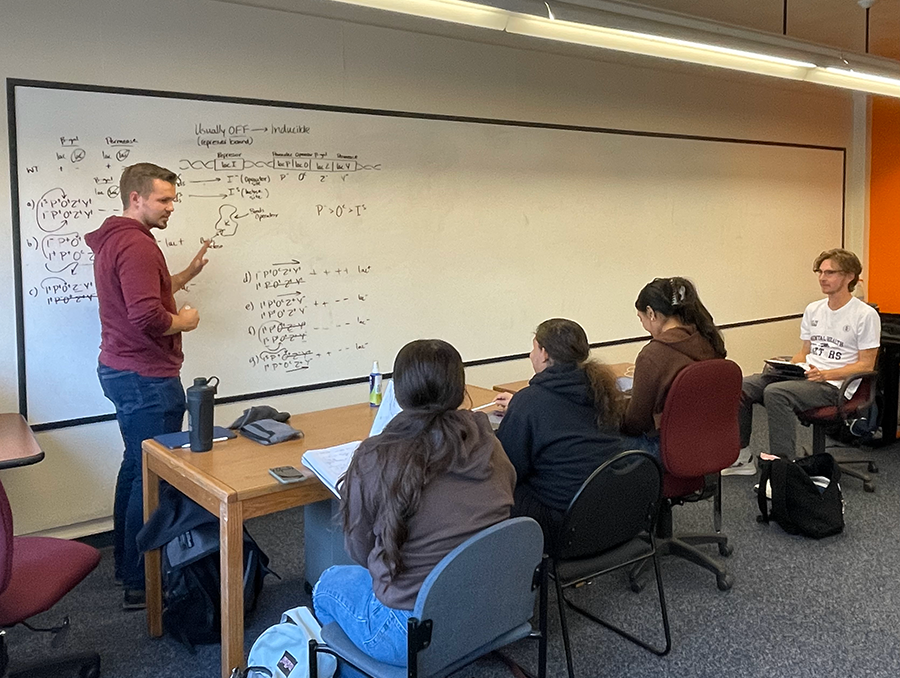
Q: How do you balance your academics, volunteering ventures, and social life while keeping yourself mentally and physically healthy?
A: Yeah, it's not easy, and I don't do great at it all the time, as my wife will testify to. However, I ultimately believe that it stems from my relationship with God. For me personally, I find that my convictions, my dedication to what God has for my life, ultimately lends itself to an ability to prioritize and value different areas of my life while not neglect others.
Q: Who or what helped shape your service-focused leadership philosophy?
A: One of the best role models I've had is my father. There are multiple ways to lead, but the one that I resonate with most is that of servant leadership. Ultimately, that ties back to my faith and my belief in what it means to serve and sacrifice for others. This naturally leads to leading by example, bringing people along with you to share in success. My father has been a wonderful example for me. There are also mentors like Dr. Sandstrom who I've seen show this type of leadership, specifically in her dedication to her students.
Q: Do you have advice for students following a similar path as you in the future?
A: One of the biggest things that I've learned throughout my college experience is to stay committed to the small things, and the bigger things will take care of themselves. If you stay calm and grounded to what you believe, and pursue those in sincerity, the bigger questions in life generally fall into place. It's not always a smooth ride, by far. But being able to persevere and focus on the small things, helps you overcome trials and difficulties.
Q: Do you have any other comments or thoughts that you want to share about this scholarship you’ve been awarded?
A: I'm incredibly grateful for the people who have surrounded me, for the support system that I've had, and for the opportunities that the university has provided to me. There are so many students like me, and so I am incredibly grateful to be the one who's been acknowledged through this award. I am sure that there are many others who can attest to how the university has provided them the opportunities to succeed.
